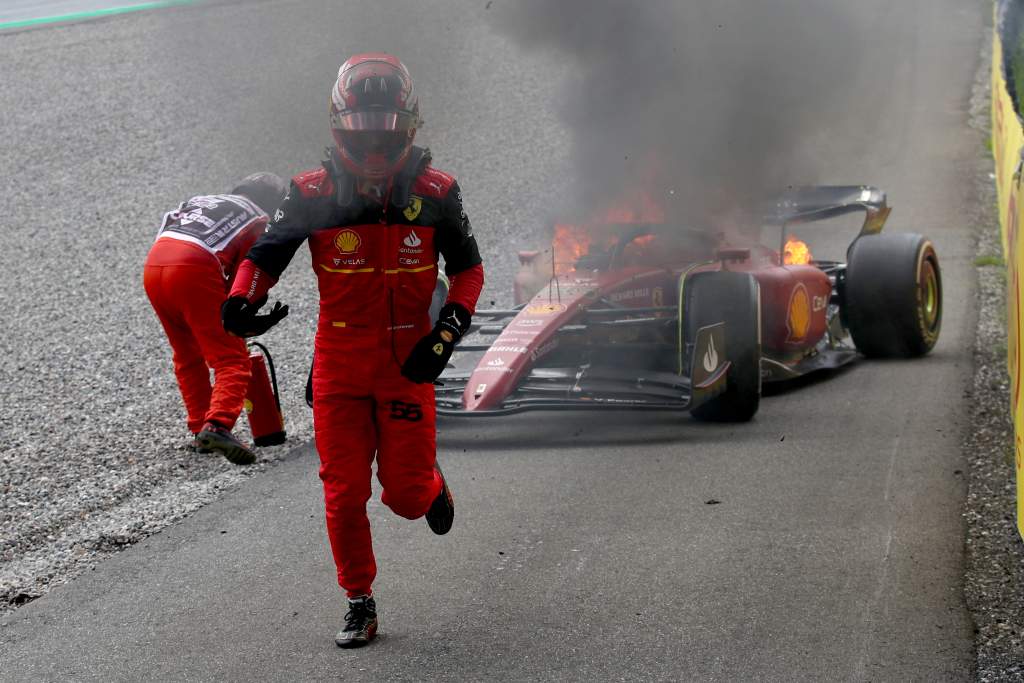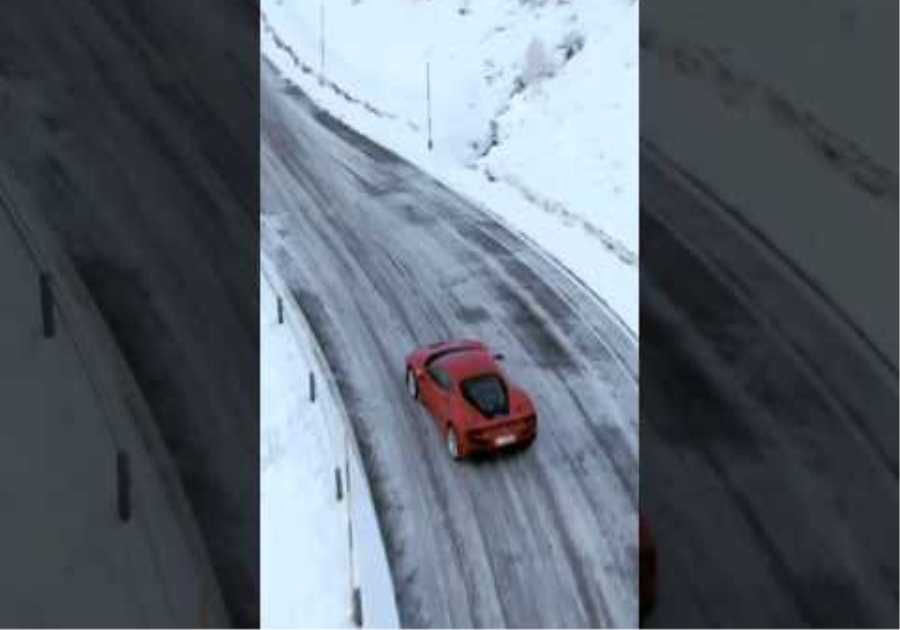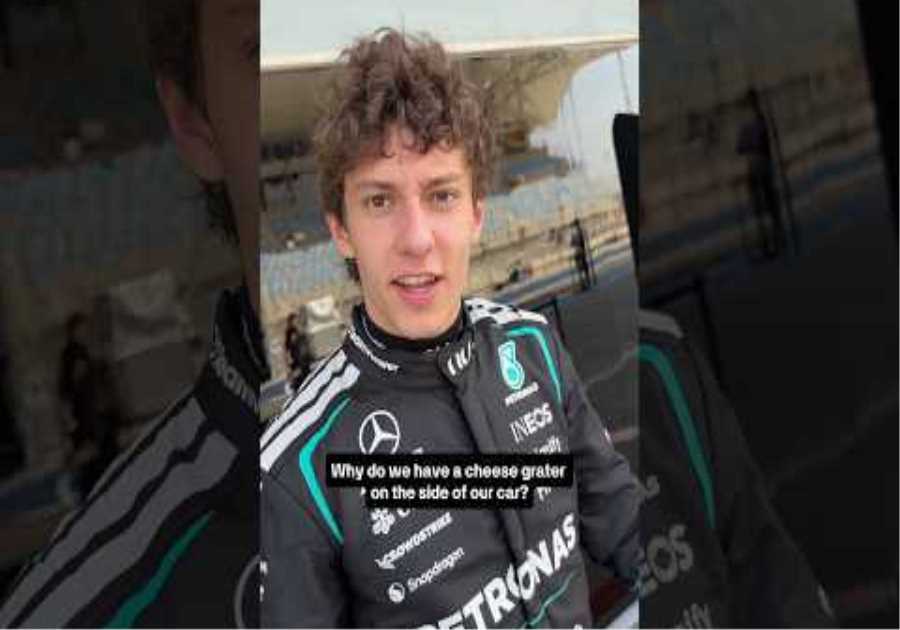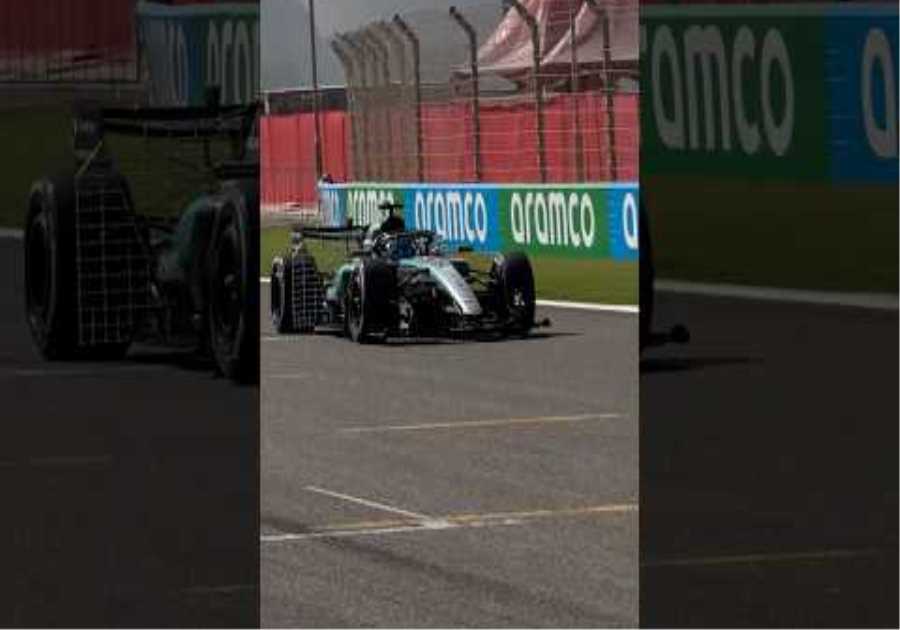
Ferrari admits it was forced to “lower the power” of its Formula 1 engine during the 2022 season, following numerous failures suffered in the early part of the campaign.
The team endured catastrophic engine failures in three of the six races held from May’s Spanish Grand Prix – where Charles Leclerc retired from the lead – and July’s Austrian GP – where Carlos Sainz’s car caught fire.
Leclerc’s engine also failed during June’s Azerbaijan GP, which then forced him to start from the back in Canada thanks to requiring a new power unit and busting his permitted allocation before the season had reached halfway.
The Ferrari engine runs a smaller turbo than main rivals Mercedes and Honda, which gives Ferrari an advantage under acceleration but requires the components to run at a higher speed to match their power output.
Team principal Mattia Binotto admitted Ferrari reduced the speed at which its engine’s turbo ran during October’s Mexican GP, owing to the thin air at high altitude putting components in danger of failure given all turbos need to work harder to produce their normal output in such conditions. This cost the team significant performance and meant it was stuck in no man’s land between Red Bull/Mercedes at the front and F1’s midfield.
Following the season finale in Abu Dhabi, where Ferrari beat Mercedes and Leclerc finished second to Max Verstappen, Binotto also admitted Ferrari “had to slightly lower the power” of its engine following those early-season failures.
This, along with poor tire management and a lack of in-season development, helps explain why Ferrari’s title challenge to Red Bull disintegrated from the Hungarian GP onwards.
Binotto, whose own position at the helm of the Scuderia is potentially under threat this winter amid rumors he will be replaced by Alfa Romeo’s Fred Vasseur, identified better engine reliability as Ferrari’s “top priority” this winter.
“That’s our top priority because in order to win you need to be reliable and that has not been the case in the season, as a balance of the season itself,” Binotto said.
“The second is the speed of the car, because while we have been very competitive in quali, that has not always been the case in the race itself – and our race pace, whether it is from tire degradation or pure race pace, was not sufficient for a better position.
“If you develop a fast and reliable car, yes you may do mistakes on strategies or pitstops, but you can always compensate through the fact that the car itself is fast and reliable – so that’s where we need to put our effort.”
Binotto said previously that Ferrari stopped developing its 2022 car quite early compared to Mercedes and Red Bull, which should afford Maranello a head start in preparing its 2023 car for a renewed and sustained title challenge.
Thank you for your feedback!






